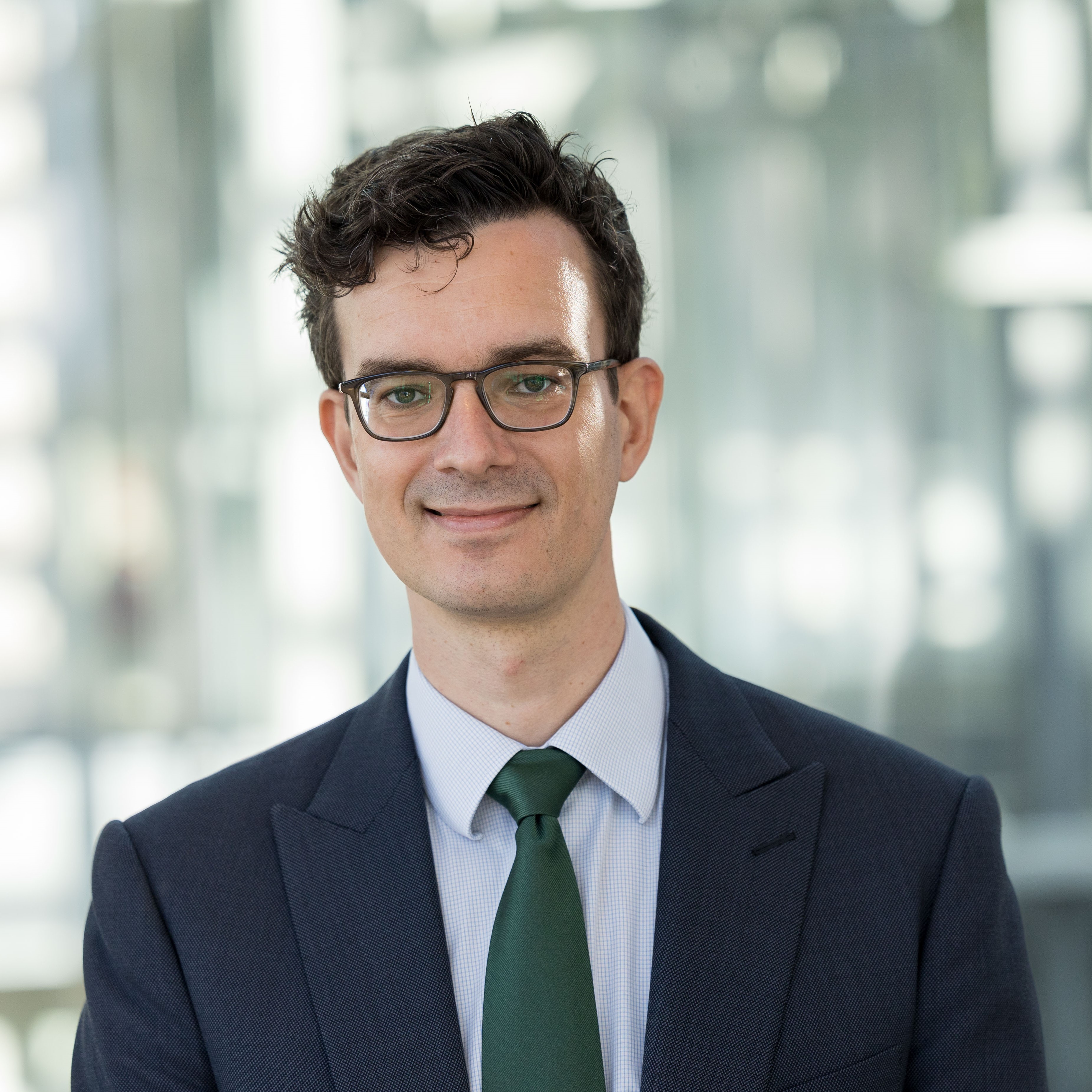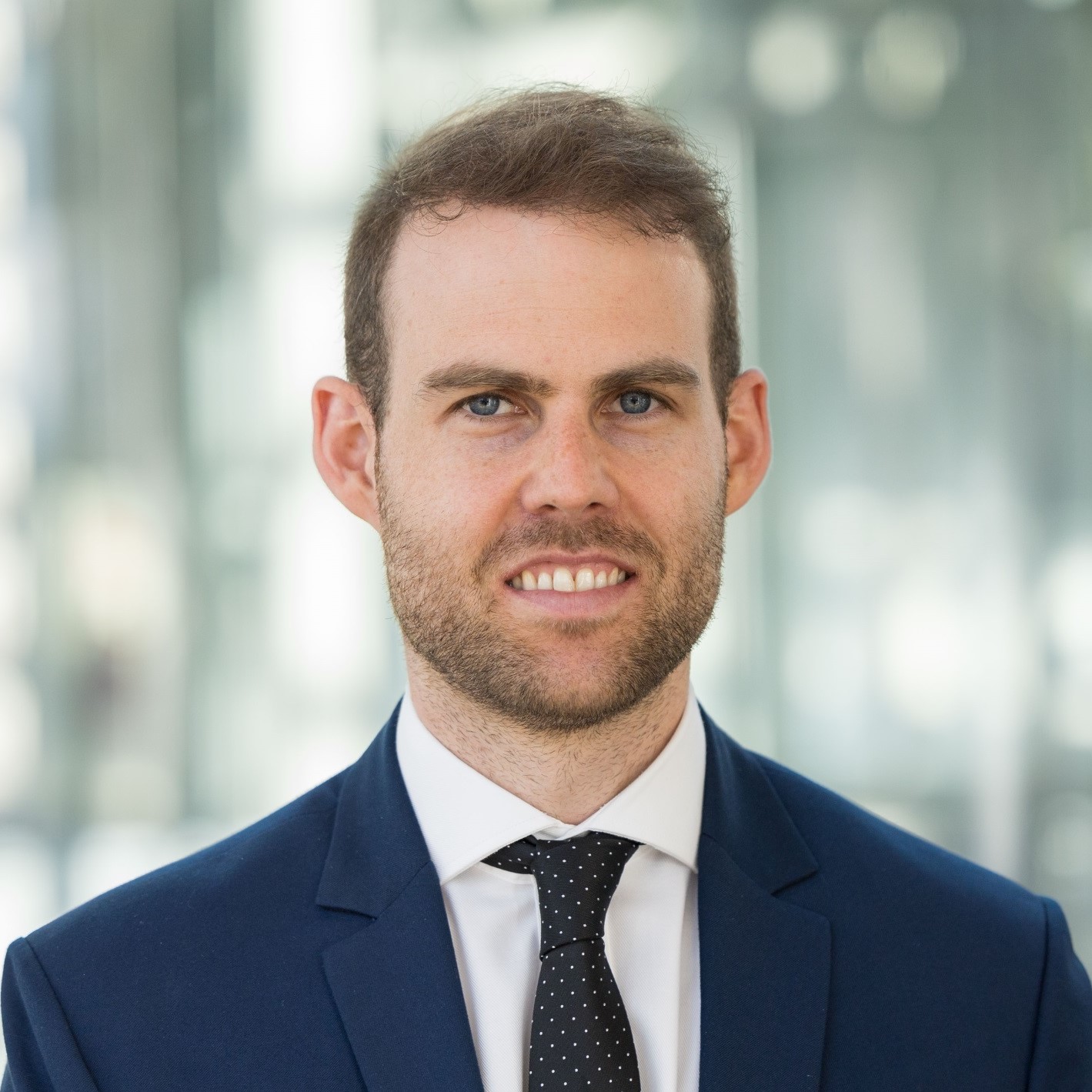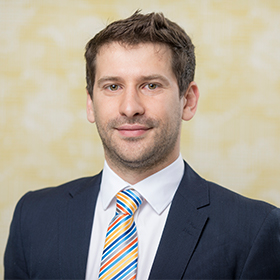New Energy Outlook 2024
This year’s New Energy Outlook presents two scenarios that connect the dots between sectors, countries and technologies to map out how the transition could proceed from here. Our Net Zero Scenario charts country-level and global pathways to net zero by 2050, meeting the goals of the Paris Agreement. Meanwhile, our Economic Transition Scenario shows how the transition could unfold solely based on economic forces and technology tipping points that push the balance in favor of low-carbon technologies, without further policy action.
Speakers

David Hostert
Global Head of Economics & Modeling
BloombergNEF
David Hostert is the Global Head of Economics & Modeling at BloombergNEF, where he serves as the organization's chief economist. Based in London, he leads BNEF's work on energy and climate scenarios and is the lead author of the New Energy Outlook (NEO), the firm's flagship annual analysis of long-term pathways for the global energy economy. His teams produce independent, credible scenarios grounded in real-world sector and country transitions across electricity, industry, buildings and transport through 2050. Over his 14-year tenure at BloombergNEF, David has held several key leadership roles. He previously served as Head of Research for EMEA, overseeing policy, carbon, power and gas analysis, and earlier led the global wind energy research team. He began his career with internships at New Energy Finance and the Association of German Banks, contributing to research on biofuels and financial strategies. David holds an MPhil in Environmental Policy from the University of Cambridge and a BA in Philosophy and Economics from the University of Bayreuth.

Matthias Kimmel
Head of Energy Economics
BloombergNEF
Matthias Kimmel is the head of Energy Economics at BloombergNEF. He leads the analysis for the New Energy Outlook, BloombergNEF’s long-term analysis of the global energy sector, focusing on power and industry. Before joining BloombergNEF, Matthias worked at the Environment Directorate of the Organisation for Economic Co-operation and Development (OECD). Matthias has a Master of Public Policy from Duke University, with a specialization in energy and climate change economics.

Ian Berryman
Lead Energy Systems Modeler
BloombergNEF
Ian Berryman is the Lead Energy Systems Modeler at BloombergNEF. He heads the modeling for the New Energy Outlook, Bloomberg's annual long-term analysis on the future of energy and emissions.